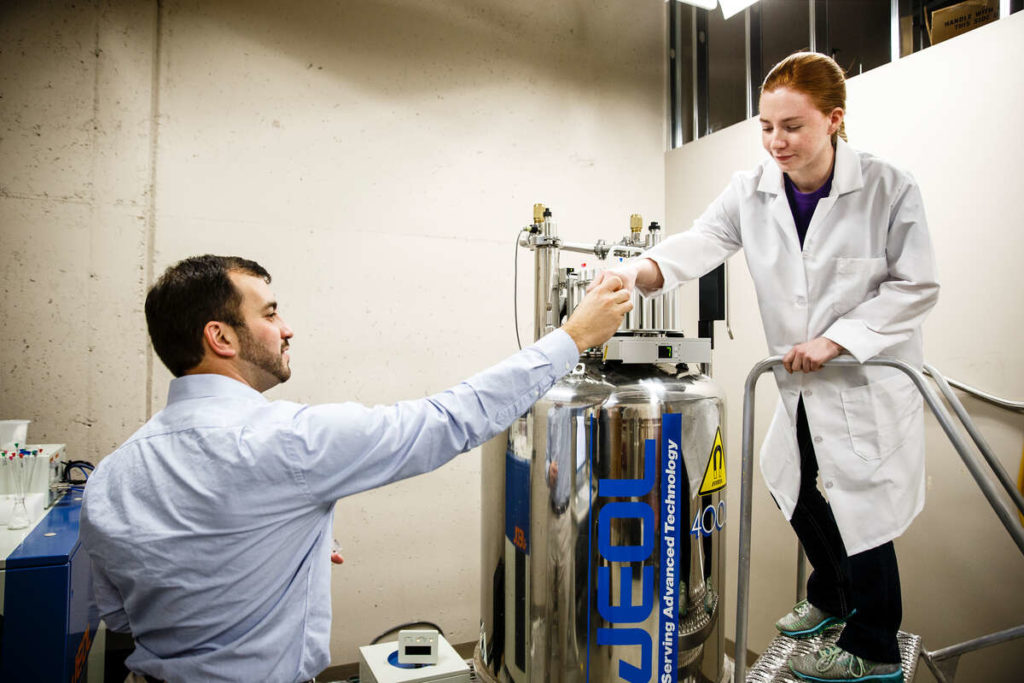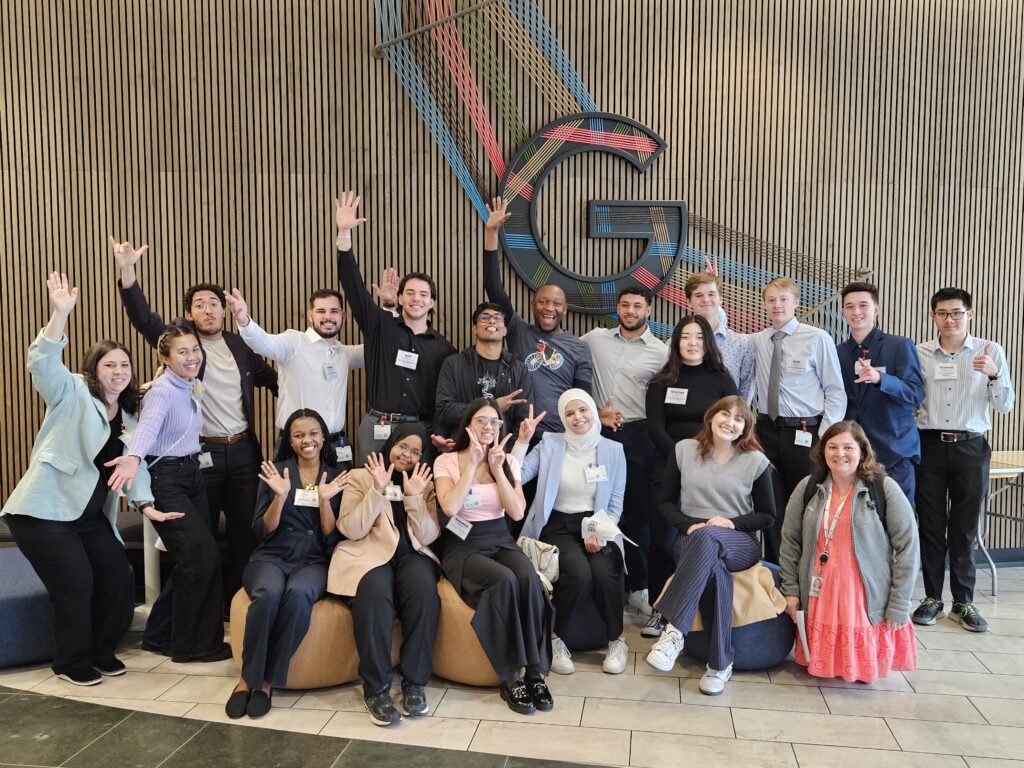Whether virtual or in person, we continue to spend too much time in meetings, and they take a big part of the workday. A recent study by Microsoft found that by the end of 2020, the number of meetings had doubled since the beginning of the pandemic and by 2022, they had hit an all-time high.
In addition, the study found that meetings had also contributed to longer workdays, an average of one hour a day, and more people are doing work later in the evening. There are three different times where people were found to be most productive: later in the morning, early afternoon, and later in the evening.
What can we do?
Manage meetings well: Think what kind of meetings are necessary and which ones can be replaced by sharing documents online or email. There are meetings where it makes sense to keep them on the schedule, such as when building a new team or resolving conflict.
Respect chronotypes: The regular working hours are not the same for everybody. For example, some employees are more productive early in the morning while others prefer to work late at night. Thus, we find ourselves being connected all the time. When thinking of meetings, it may be good to have specific times during the day where most employees are in the office or online.
Think of working modalities: The pandemic has taught us that some employees prefer to work from home and others in the office. Can we respect people’s preferences for working from home or in person? Is this something your organization can handle? Many studies have shown employees experience greater happiness and less stress when they can design their work.
Focus on people: We need to take a more holistic approach to employee well-being. Having time to rest during the day and weekends, as well as having time for following a healthy diet and exercising, is important. When the day is packed with meetings, there isn’t enough time to finish the work spilling over into personal time. The “Great Resignation” has taught us that people are leaving their jobs to find more purpose and mission-driven work.
Consider having days when employees don’t have meetings and have time to do creative and innovative work.
Marcella de la Torre, EdD, is on faculty at the University of St. Thomas Opus College of Business.







